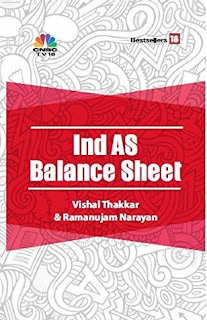IMPACT OF COVID-19 ON INDUSTRIES-DECODED-BY CS ROHIT KUMAR

Gravity of COVID-19 outbreak is being felt across the globe. Since nobody has ever imagined such a situation, so preparing to fight against it seems quite difficult. For Government, to continue with lockdown or managing economy, becomes a mutually exclusive decisions. Every economic sector is finding itself difficult to navigate through such a tough time and running a country is literally like chewing glasses. But, this unprecedented situation will definitely change the rules of doing business and will help some sectors to enter into boom phase when the dust settles. So, let's discuss the impact of COVID-19 on various sectors: 1. TEXTILE SECTOR: After agriculture, textile is biggest employment generator in Indian economy. This pandemic hit this sector at a time when the sector is facing sluggish growth with wafer-thin margin. Eleven countries buy 41 % of India's cotton yarn and these countries have reported COVID-19 cases [ According to Cotton Textile Export Promotion Council




